High blood pressure, also known as hypertension, is a common condition that affects millions worldwide. Often referred to as the “silent killer” because of its few noticeable symptoms, high blood pressure significantly increases the risk of heart disease and stroke. Fortunately, there are natural ways to manage and reduce your blood pressure. In this article, we explore eight practical tips to help you lower your blood pressure naturally.
1. Maintain a Healthy Weight
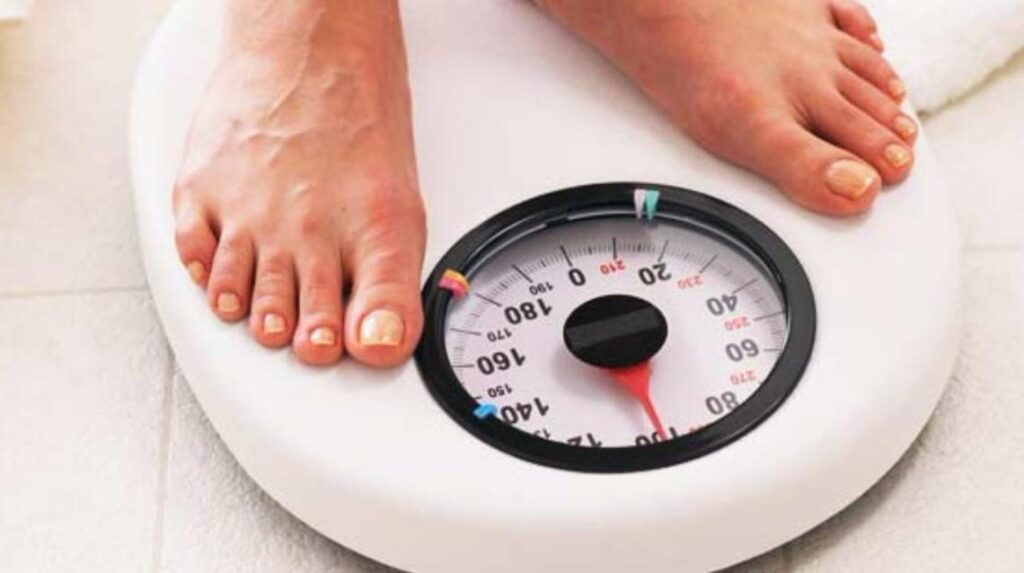
One of the most effective ways to lower blood pressure is to maintain a healthy weight. Excess body fat, especially around the waist, can increase blood pressure. Losing even a small amount of weight if you’re overweight or obese can help reduce your blood pressure.
2. Eat a Balanced Diet
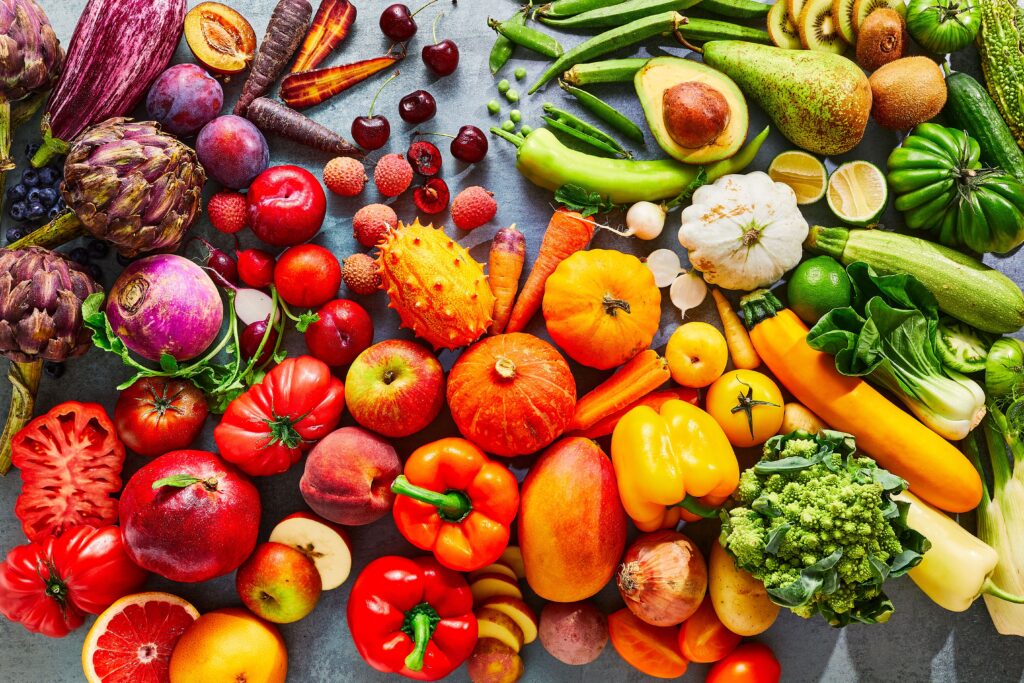
Your diet plays a crucial role in managing your blood pressure. Consuming a diet rich in fruits, vegetables, whole grains, and lean proteins can help reduce blood pressure. A well-known eating plan, the Dietary Approaches to Stop Hypertension (DASH) diet, emphasizes these foods while reducing the intake of fats, red meat, and sweets.
3. Reduce Sodium Intake
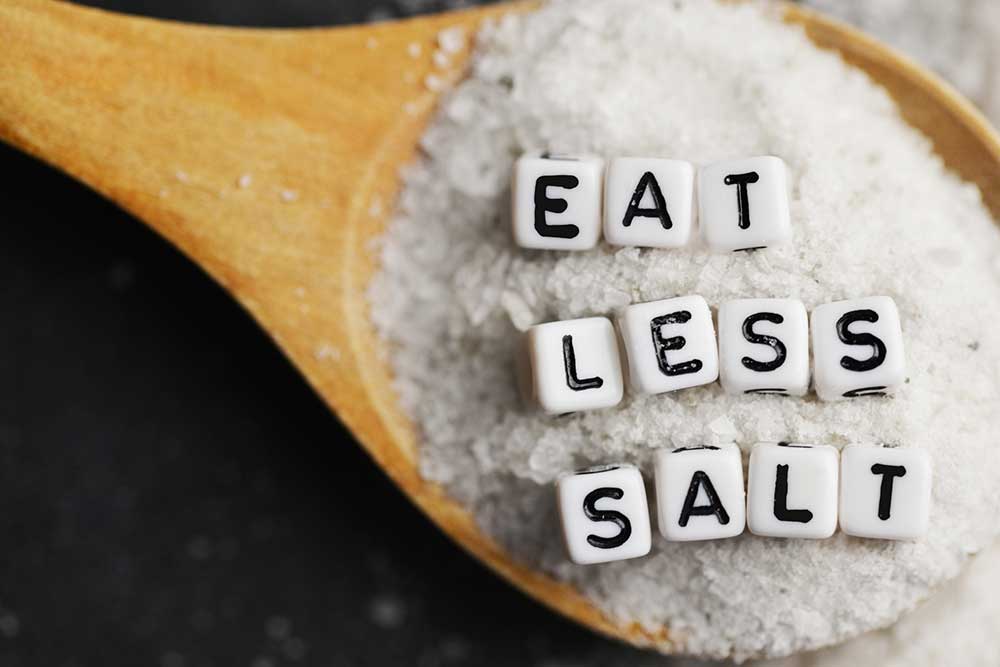
Too much sodium in your diet can cause your body to retain fluid, which increases blood pressure. Aim to limit your sodium intake to less than 2,300 milligrams a day, which is roughly one teaspoon of salt. Read food labels, eat fewer processed foods, and avoid adding salt to meals.
4. Exercise Regularly

Physical activity is key in lowering blood pressure. Regular exercise helps make your heart stronger and more efficient at pumping blood, which lowers the pressure in your arteries. Aim for at least 150 minutes of moderate-intensity exercise, such as brisk walking or cycling, or 75 minutes of vigorous exercise, like running, each week.
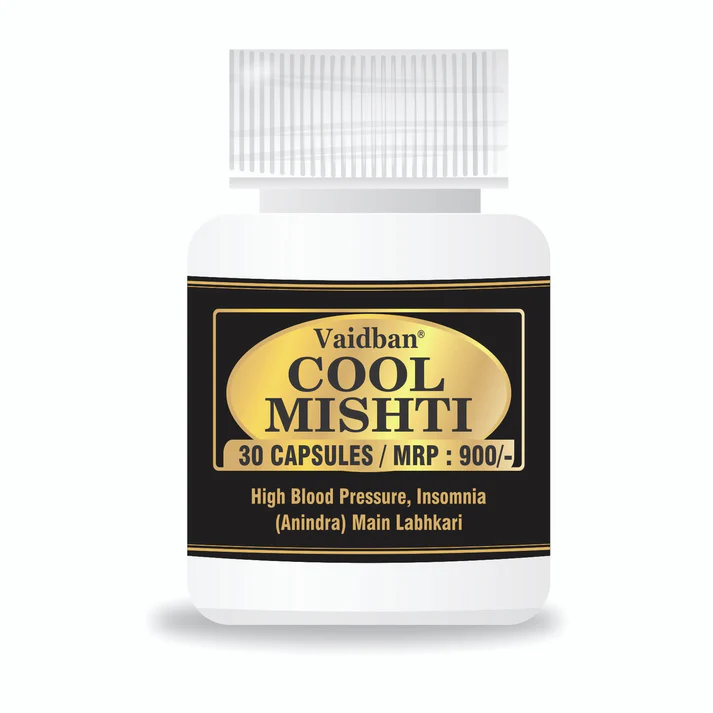
5. Limit Alcohol Consumption

Drinking alcohol can raise your blood pressure. While moderate alcohol consumption (one drink a day for women, two for men) can potentially have some health benefits, it’s important not to exceed these amounts. If you drink more than moderate amounts of alcohol, cut back.
6. Quit Smoking
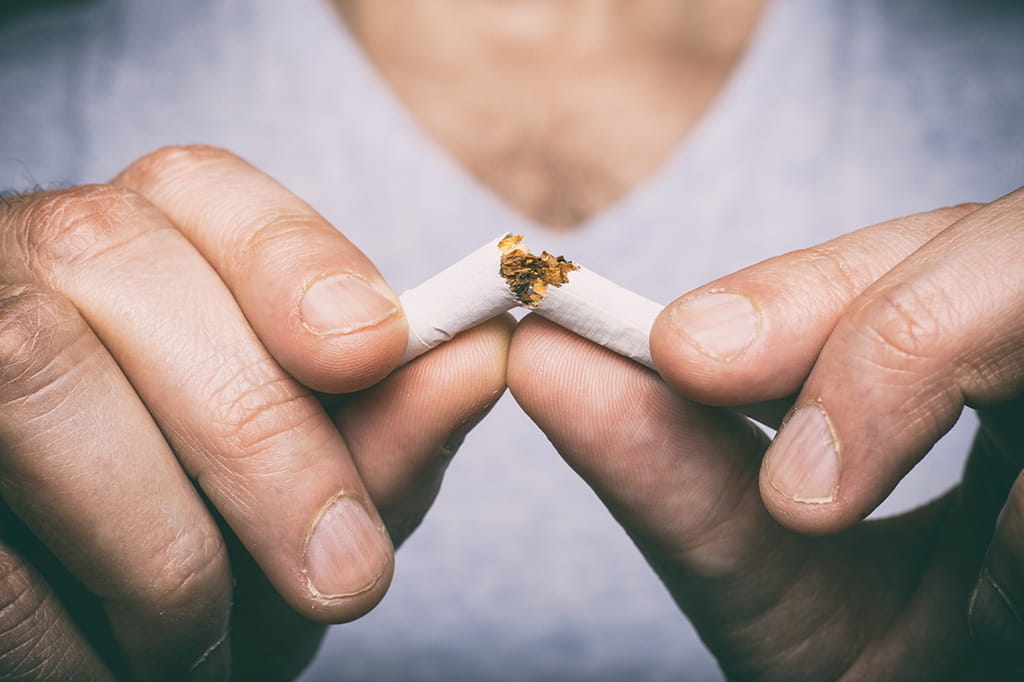
Every cigarette you smoke raises your blood pressure for many minutes after you finish. Quitting smoking helps your blood pressure return to normal. People who quit smoking, regardless of age, have substantial increases in life expectancy compared to those who continue to smoke.
7. Manage Stress

Chronic stress may contribute to high blood pressure. More research is needed to determine the effects of chronic stress on blood pressure, but practicing stress reduction techniques can improve your general health, including maintaining lower blood pressure. Techniques such as mindfulness, meditation, or deep breathing exercises can be very beneficial.
8. Regular Blood Pressure Monitoring
Keeping track of your blood pressure levels at home can help you notice trends and identify how lifestyle changes affect your numbers. Regular monitoring can also help you avoid “white-coat hypertension,” where blood pressure readings are higher in a doctor’s office due to anxiety.
Conclusion
Implementing these eight strategies can help you lower your blood pressure naturally and maintain a healthier lifestyle. Always discuss any new health regimes with your healthcare provider, especially before discontinuing any prescribed medications. Remember, managing your blood pressure is a lifelong commitment that involves a combination of lifestyle changes.
If you have any queries related to medical health, consult Subhash Goyal or his team members on this given no +91 99150 72372, +91 99150 99575, +9182830600






